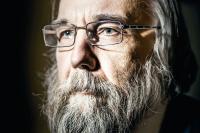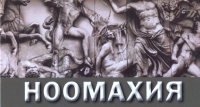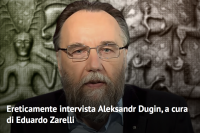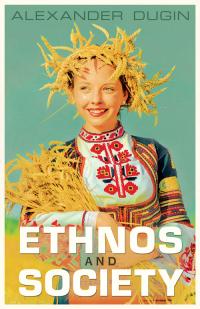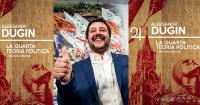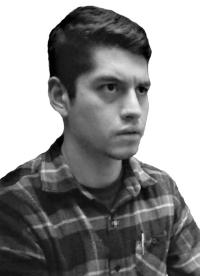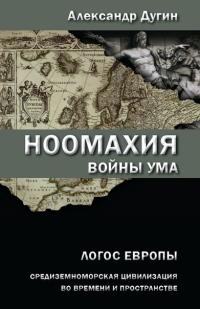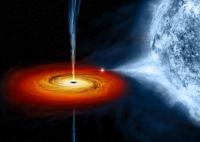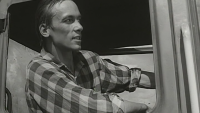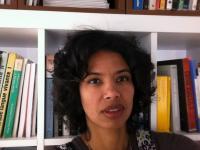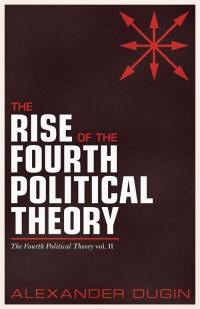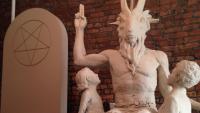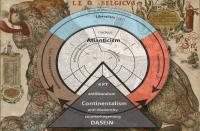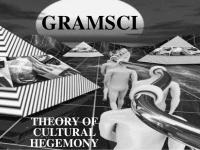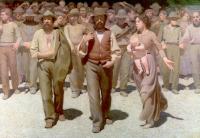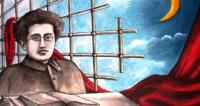DECONSTRUCTING THE “CONTEMPORAL MOMENT”: NEW HORIZONS IN THE HISTORY OF PHILOSOPHY
Man, as the cosmic mediator, is situated on the border between both worlds, between Tradition (above) and modernity (below). He is always straddling this border, eternally, in both the era of Tradition’s predominance, and in the periods in which modernity temporarily wins. In his eidetic, eternal dimension, man himself is this border, and the movement of his spirit, his thought, his ways and methods of philosophizing, outline the content of that which lies on either side. Through his choice of orientation, spiritual or corporeal, man constitutes the time, the epoch, the age in which he lives.
Thus, residing in the “dark age”, the Kali-Yuga, is neither a fatality, a punishment, nor something arbitrary, but the Night’s testing of the grain of eternity, of the divine center that comprises the essence of man. In other words, no matter how far away the Golden Age might be, a kernel of it remains within man as hope, as opportunity, as a fulcrum, which can always be found in refusing to unconditionally and fatalistically (or unconsciously) accept the conditions of the Iron Age. Time is an illusion. The historial is no more than a sign, a metaphor that can be deciphered in different ways and appealed to freely. We ourselves choose the time in which we live. And if man is born in the modern world and in the West’s zone of influence, this means that he is included in the profound plans of eternity, and this reflects his mission and fate. Modernity is in Tradition, and Tradition is in modernity. But in different sections of the vertical world, their proportions adjust to being polar: in Heaven (Tradition) there is only a drop of hell (the Biblical serpent that first appeared in paradise), and in hell there is a drop of Heaven. But this is enough to stretch a semantic thread of sacred history, or hiérohistoire (in Henry Corbin’s formulation) between these drops.

